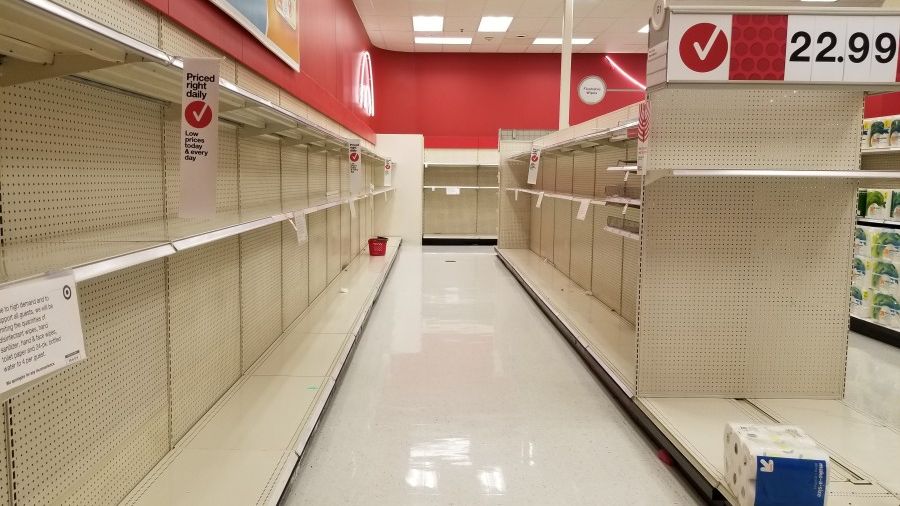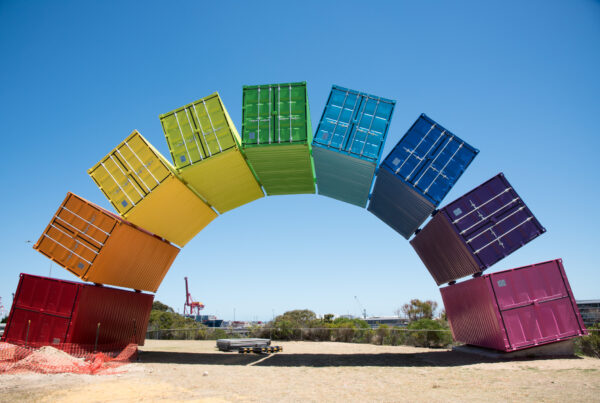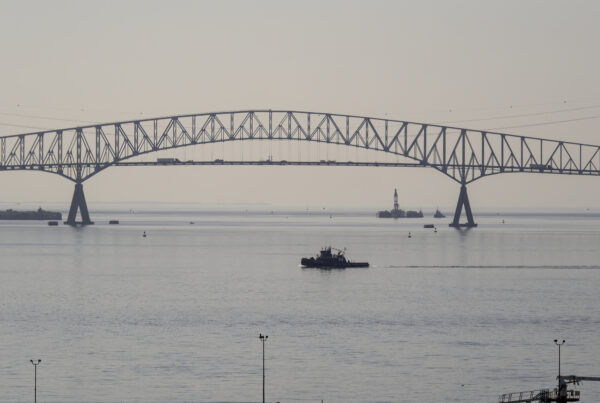As millions struggle physically, emotionally, and financially due to the COVID pandemic, higher living costs may be on the horizon. This is partly due to elevated rates for the importation of intermediate and finished goods. Longer delays and big price hikes for supply deliveries could ultimately be footed by the American consumer. And that doesn’t help the forecast on the economy’s rebound.
Pinching More Than Pennies
Importers have fewer ways to absorb the increase in shipping costs. Import managers used to look at shipping pricing once a year; now, it’s more like once a week! There’s hope that surcharges will diminish and stabilize, but the longer shipping rates stay high, the broader the scope the extra costs are passed onto consumers. There’s concern about how much margin pain producers of all sizes can absorb and whether those financial injuries will be endured in the form of higher costs for consumers.
Once again, a lot of this comes down to access, fees, and usage of the all-important shipping container.
In one of its biggest actions since the Shipping Act was enacted in 1984, The Federal Maritime Commission (FMC) issued an information demand requiring ocean carriers and terminal operators to provide details on their detention and demurrage practices and how their practices were affecting container returns and container availability for exporters. With shipper costs spiraling out of control, the feds have stepped in to slow the bleeding. At this level of dysfunction, runaway costs and congestion chaos becomes a national security issue globally.

Demurrage And Detention Fees: What A Trucking Nightmare
First, here’s a Demurrage and Detention crash course:
Demurrage is the charge merchants pay for the use of the container within the terminal beyond the ‘free time period.’
Detention charges are paid by merchants for the use of the container outside of the terminal or depot, again, beyond the free time period’.
Shipping lines are obligated to provide a reasonable free period during which no demurrage and detention charges apply. This free period is supposed to allow the realistic merchant time to:
Load and deliver containers for export
Pick-up, unload, and return empty containers for import.
However, while it’s common practice for carriers to start the clock when a container comes off a ship, in recent months, the container isn’t actually available for trucking companies to pick up due to severe congestion at the terminals. The pile-up of containers means they often get buried in stacks which increases the amount of time it takes to move containers out of the terminal, which adds to the delays that truckers suffer when trying to exchange containers at the port.
Containers are not available until an appointment is opened up. With the increased congestion in our ports, truckers may not be able to get an appointment until after the last free day has passed. Carriers then charge truckers. The charges are rarely resolved in the trucking firm’s favor because the onus is on those filing the complaint (truckers) to prove its case.
FMC guidelines state fees shouldn’t be charged if the trucker or shipper has no control over the inability to move or return the container. Exporters, truckers, and other stakeholders claim carriers have not been following these guidelines and instead have been taking advantage of the situation to generate higher profits.
Empty Shelves Means Empty Pockets
Missing shipments due to limited capacity incurs costs and penalties for retailers. Whether it’s brick-and-mortar or online, if the product isn’t available, retailers have different, bigger problems with their finances and ability to satisfy consumers.
Peloton (the exercise bike company whose 2019 advert was described as ‘the first minute of Black Mirror episode’) [LINK TO UNINTENTIONALLY FUNNY COMMERCIAL?] has started to increase the use of air cargo to move its product from Asia. Homebound customers who have splurged on Peloton home exercise equipment have faced months before their orders have been fulfilled. Peloton even spent $420 million on Precor, an exercise equipment company with domestic production capacity, to partially offset their supply chain risks.
Peloton has budgeted ten times their normal supply chain budget ($100 million) to move cargo by air and premium expedited sea freight to less congested ports in order to move their product into US warehouses as fast as possible. When you are a company like Peloton selling such a high ticket item, the supply chain costs don’t eat up too much of the profit margins, whereas a steady stream of dissatisfied customers who wait months for delivery fulfillment could wreak havoc on the company’s brand and public image.
Not every business can go the ‘Peloton way.’ Many retailers swiftly depleted their inventory in the retail and e-commerce frenzy set off by the pandemic economy. Restocking to meet the continued demand may take multiple quarters to execute, with congestion and Covid disruptions delaying manufacturing and delivery by months. This will surely impact their margins, incur lost sales and frustrate customers.

Diversity. Get Into It.
In February 2021, 62 vessels were at anchor, waiting to unload their cargo at the Port of Los Angeles. Even if no more ships were to enter the port, it would take over a month to deal with all 62 vessels. Suffice to say, congestion is not letting up.
Many supply chain professionals are investing in safety or ‘buffer’ stock in 2021. Buffer stock is perceived as a quicker and easier resilience strategy to increased demand, limited cargo space, and a supply chain threatened on every level by Covid disruptions.
There are also limits to building up safety stock. Suppliers might not have the production capacity to meet the buyer’s demand or the means to get their products to overseas markets. Diversifying the supply base is one way to increase supply chain resiliency, but that is mostly a question of long-term investment. Diversity in materials sourcing and transport mix is growing in importance and is readily achievable. With no end in sight for congestion at all major ports, thinking outside the box is what is needed to meet consumer demand.
If you have any questions on freight rates or diversifying your transport, please reach out. We at CargoTrans have a fantastic team standing by to offer expert advice.





